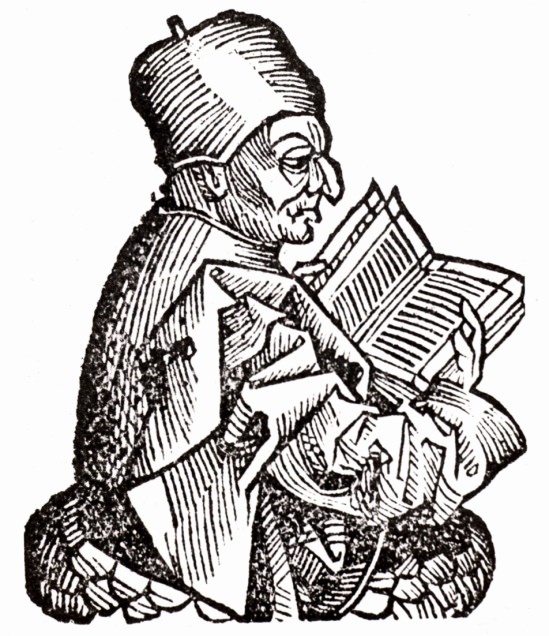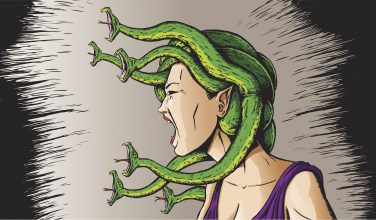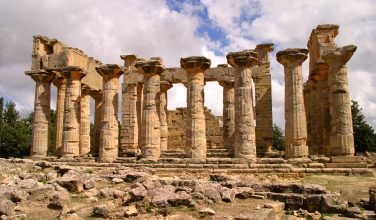Solon Reforms Athens’ Judicial System
Comments Off on Solon Reforms Athens’ Judicial System

In addition to cutting through a cycle of poverty that had plagued the lower classes of Athenians by eliminating debts and distributing more power among the classes, Solon also enacted major reforms that completely changed how the Ancient Greek judicial system operated. The changes made to the Athenian judicial code were some of the first stepping-stones that lead to the creation of modern democracy. Here are just a few of the changes Solon made to how the legal system operated.
Introduction of “Anyone Who Wishes”
One of Solon’s most significant judicial reforms was the introduction of Ho boulomenos. Literally translated, Ho boulomenos means “anyone who wishes.” In practice, the reform made it a legal right for any male citizen to bring charges against a person for a crime, on behalf of any victim of a crime. He initiated this reform as a way to make the legal system more equal among the masses.
Prior to the institution of this reform, only the victim had the right to press charges and initiate court proceedings against a person for wrongdoing. Because only the victim was allowed to initiate court proceedings, many times issues never made it to court either because the victim was too afraid to or felt that his case would be unsubstantiated and wouldn’t hold up in a court of law.
By allowing other individuals to seek reparations for a person who had been the victim of a wrongdoing it strengthened the court systems. Not only did it create more access to bring cases to court, but it made threat of being taken to court palpable and enforceable which acted as a deterrent for criminal activity.
Enacting the Right to an Appeal
Another reform presented around this time was the establishment of heliaia, which acted as a court of appeals. There is some debate as to if Solon was responsible for this action or if it were credited to Cleisthenes, one of Solon’s predecessors. However, many historians attribute the feat to Solon. The heliaia was an assembly of men that would allow persons to argue against the outcome of a court ruling should they feel that the magistrates had come to an unjust verdict.
Balancing the Scales of Justice
Through his judicial reforms, Solon balanced the legal system by equalizing the administration of justice among all of the citizens, instead of just focusing on the upper level classes (who traditionally held governmental positions and often ruled in favor of themselves). To appease the higher echelons, Solon also created The Areopagus, a council existing of ex-archons who joined after finishing their time in the magistrate. A sort of “supreme court,” The Areopagus often judged the most serious cases, usually legal proceedings that involved the archons themselves. Additionally The Areopagus was in charge of enforcing the reforms set forth by Solon to keep Athens’ legal system equal amongst all men.
Categorized in: Ancient Greek History
This post was written by Greek Boston





